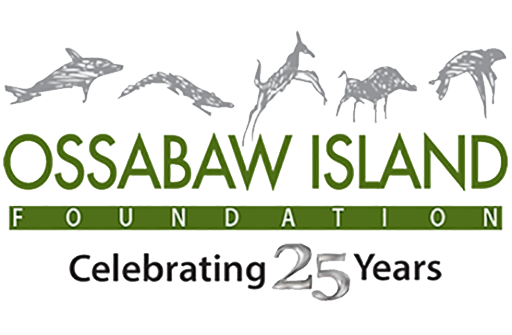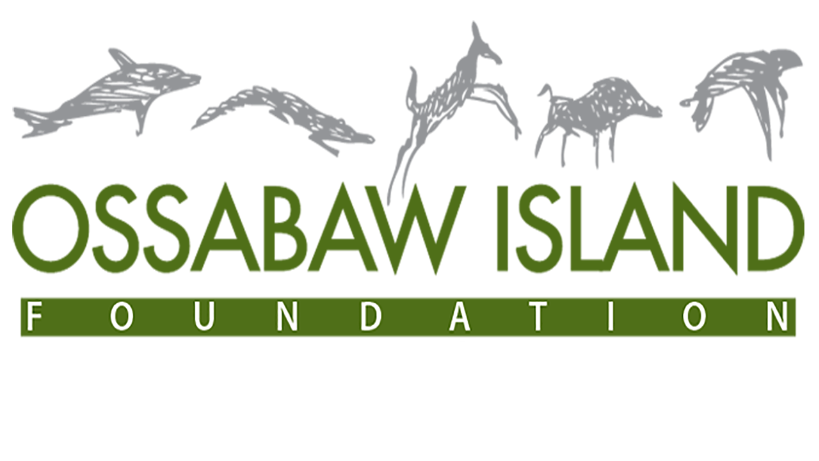09 Mar Interpreting the Gullah/Geechee Heritage in the 21st Century
Savannah, GA (March 9, 2010) — How do you share an island and a culture without destroying it? This is the problem facing the lowcountry’s unique Gullah/Geechee culture and coastal treasures like Ossabaw Island. As part of an ongoing effort to tell the story of the richly unique environment and cultures of the coastal area, the Georgia Historical Society and the Ossabaw Island Foundation, with support from the City of Savannah, present Interpreting the Gullah/Geechee Heritage in the 21st Century at 7:00 P.M. on Thursday, March 18, 2010, at the Ralph Mark Gilbert Civil Rights Museum Annex (460 Martin Luther King Blvd.), Savannah. The event is free and open to the public.
The event features a presentation by Emory Campbell, Chairman of the national Gullah/Geechee Cultural Heritage Corridor Commission and one of eleven contributors to African American Life in the Georgia Lowcountry: The Atlantic World and the Gullah Geechee, a new book from the University of Georgia Press, which will debut at this event. The book is an outgrowth of the 2008 symposium hosted by the Ossabaw Education Alliance, The Ossabaw Island Foundation, Georgia Historical Society and other partners that focused on African-American history in coastal Georgia. The papers presented at that Savannah conference make up most of the chapters in the new book. Emory Campbell’s presentation will be followed by a moderated question-and-answer discussion with Jeanne Cyriaque and Jamal Touré, members of the Corridor Commission. The program will focus on the influence of Gullah Geechee culture on Coastal Georgia and the Lowcountry, and the preservation of that culture through education.
Emory Campbell is a native of Hilton Head Island. Campbell’s essay, “A Sense of Self and Place: Unmasking My Gullah Cultural Heritage” is the book’s final chapter. Here he maintains that, “today’s challenge for Gullah-Geechee people is not the deliberate masking of cultural qualities…, but preserving these cultural assets in the face of natural acculturation…. The question is whether we will continue to embrace primarily our Gullah culture or whether we will abandon ours and embrace that of the outsider. I am hoping for the merging of the two worlds, distinguishable, yet whole and unmasked with a sense of self and place.”
The Gullah/Geechee Cultural Heritage Corridor was designated by Congress in 2006 and extends from Wilmington, N.C. in the north to Jacksonville, Fl. in the south. It is home to one of America’s most unique cultures, a tradition first shaped by captive Africans brought to the southern United States from West Africa and continued in later generations by their descendents. The Corridor Commission is a body made up of 15 members and 10 alternates appointed by the U.S. Secretary of the Interior. Administered by the National Park Service, the commission is legislated to preserve and interpret the community’s pride in its history and traditions and to provide educational and inspirational opportunities that invite the public and residents to visit and learn about an important aspect of American culture.


